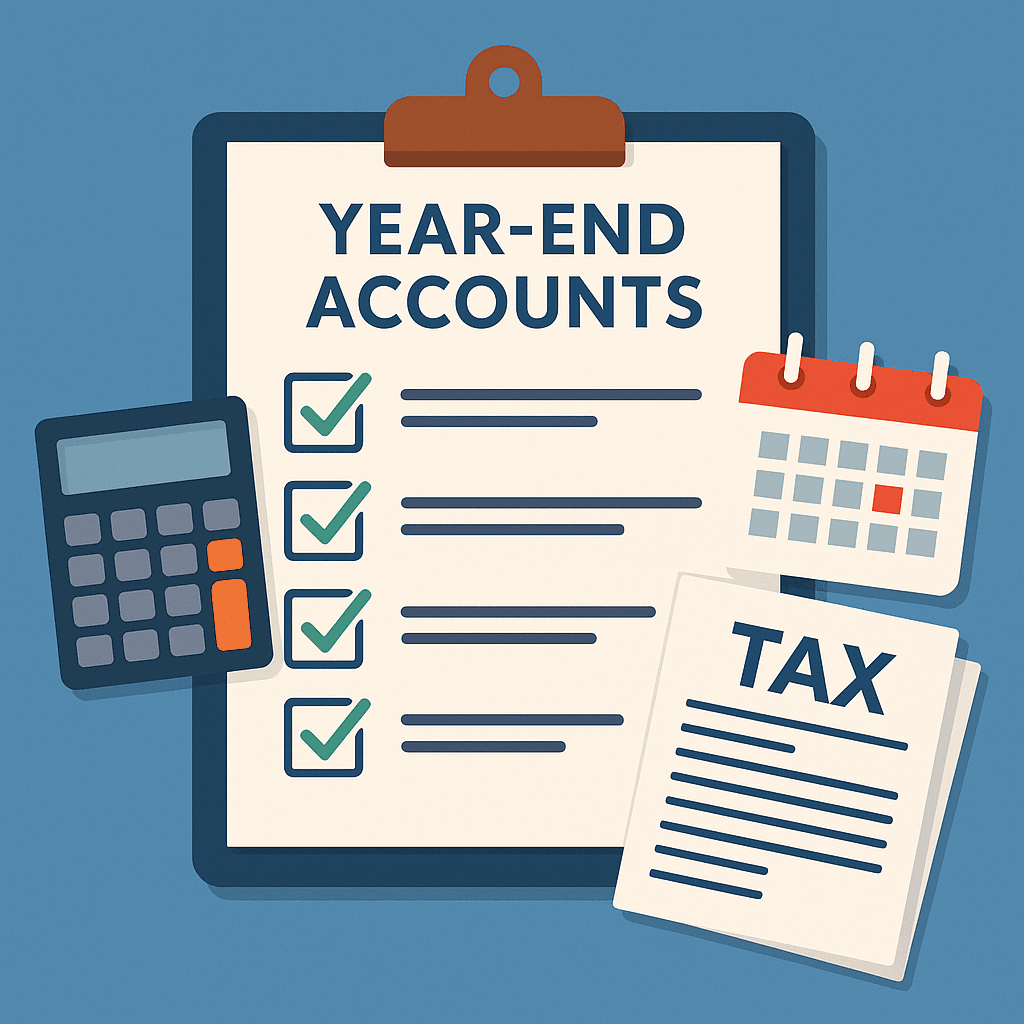When starting or running a business, it can be tempting to use one bank account for everything. After all, it may seem easier to manage, especially in the early days. However, blurring the line between personal and business finances can create a host of problems—from accounting headaches to legal and tax complications. Keeping the two separate isn’t just good practice; it’s essential for protecting your business and your personal assets.
Why Separation Matters
1. Simplified Bookkeeping and Accounting
Mixing personal and business transactions makes bookkeeping far more complicated. It becomes difficult to track expenses, measure profits, and identify cash flow issues. By maintaining separate accounts, you’ll have a clear financial picture of your business, making reporting and analysis much smoother.
2. Tax Efficiency and Compliance
Accurate tax reporting relies on being able to distinguish business expenses from personal ones. If the two are muddled, you risk missing legitimate deductions or, worse, facing penalties from HMRC for incorrect claims. Clear separation helps you remain compliant and ensures you don’t pay more tax than necessary.
3. Professional Image and Credibility
Having a dedicated business account shows clients, suppliers, and lenders that you are serious about your business. It boosts credibility and makes your company appear more professional, which can be particularly important when applying for finance or building relationships with partners.
4. Legal Protection and Limited Liability
For limited companies, separating finances is not optional—it’s a legal requirement. Even for sole traders, keeping business money apart helps protect personal assets. If financial disputes or liabilities arise, clear records provide protection and demonstrate that you treat the business as a distinct entity.
5. Better Financial Management
It’s much easier to budget and manage cash flow when business income and expenses aren’t mixed with household bills or personal spending. Separate accounts allow you to see how your business is really performing and make better-informed decisions about investment and growth.
Practical Tips for Keeping Finances Separate
- Open a dedicated business bank account as soon as you start trading.
- Use business credit cards or loans only for company-related expenses.
- Pay yourself a salary or dividend rather than dipping into business funds informally.
- Keep receipts and invoices organised and stored separately for business purposes.
- Use accounting software to track business transactions and generate reports.
The Risks of Mixing Finances
Failing to keep finances apart can lead to several issues:
- Difficulty proving legitimate expenses to HMRC.
- Confusion over profitability and financial health.
- Increased risk of personal liability in disputes.
- Wasted time untangling transactions when filing returns.
Final Thoughts
Keeping your personal and business finances separate may require a little extra effort at the start, but it pays dividends in the long run. From smoother accounting to tax compliance, improved financial control, and legal protection, the benefits are clear. By drawing a firm line between the two, you not only protect yourself but also set your business on a stronger path for growth and success.




